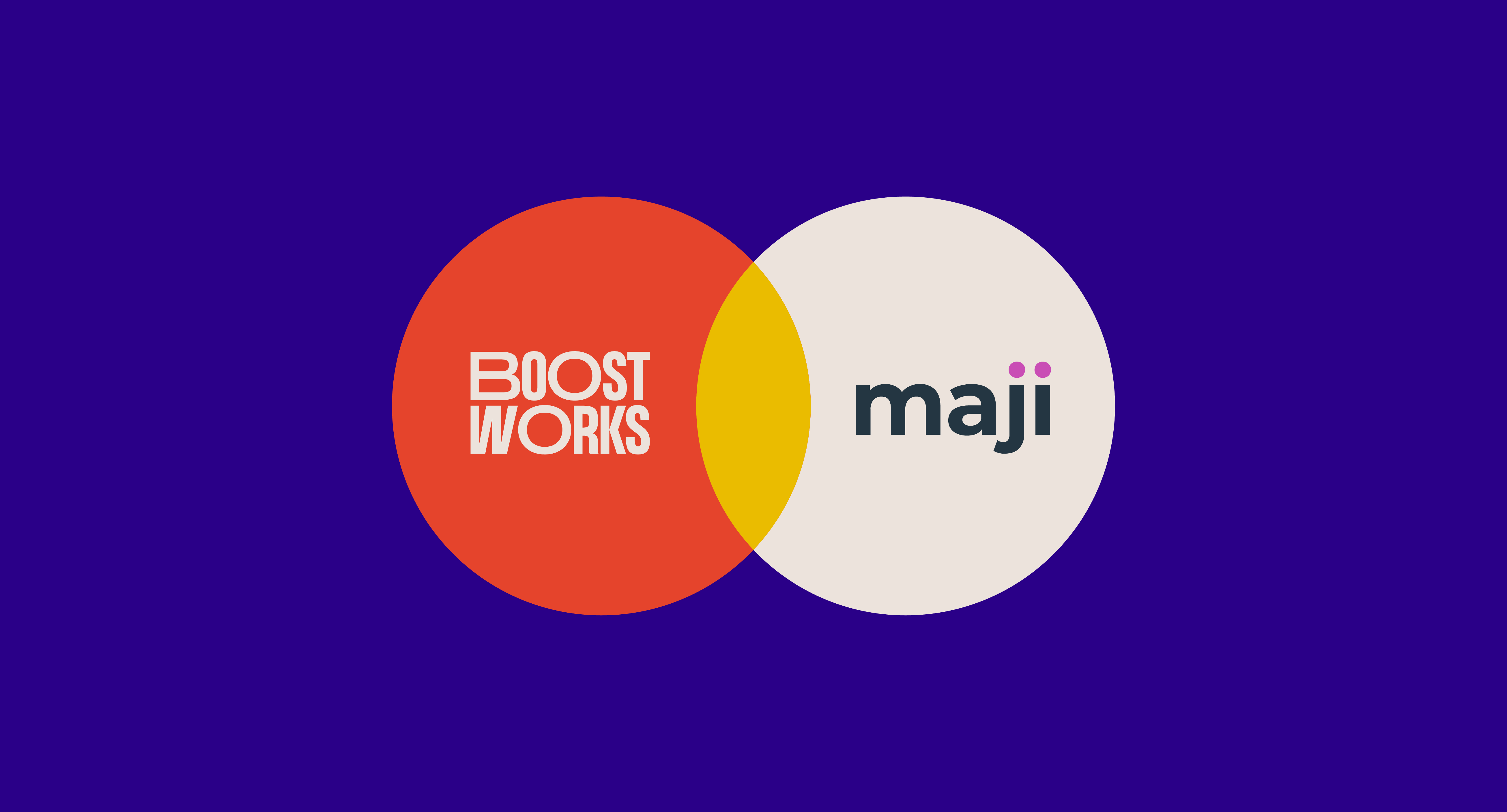
Our latest report reveals majority of Gen Z considering second jobs to survive
57% of Gen Z and 71% of Millennials are exploring side hustles to cope with cost of living crisis
More than half of Gen Z workers in the UK are considering taking on a second job to help cover basic living costs, according to new research that highlights the growing financial pressure on younger employees.
Our research, based on responses from over 5,600 working adults, found that financial pressure is the biggest motivator for all generations for driving the uptake of side hustles (71% of Millennials, 69% Gen X, 59% Baby Boomers and 57% of Gen Z) to make ends meet. Our findings suggest the cost-of-living crisis is reshaping how the younger workforce engages with work, rest, and their primary employers.
The research revealed that 19% of Gen Z and 11% of Millennials are already working a second job, with many others weighing up the impact on their time, energy, and wellbeing. Nearly half of Millennials (49%) and 44% of Gen Z said that financial stress was directly affecting their ability to concentrate at work.
Read the full reportJo Werker, CEO at Boostworks, said: “The vast majority of young workers are taking on second jobs because they simply can’t make ends meet. It’s draining – mentally, physically and financially. When people are stretched this thin, it’s hard to stay focused or engaged. Employers may want to consider whether their current packages are keeping pace with what employees are really facing day to day.”
“These findings highlight a workforce under real pressure and suggest a potential gap between existing support and the realities of rising living costs. Proactively addressing this could help businesses safeguard long-term engagement, wellbeing and retention.”
SIGNS OF A GROWING DISCONNECT
Time for employers to REFLECT
We’re encouraging employers to look beyond the assumption that side hustles are simply a sign of ambition and creativity. While these attributes certainly play a role, the our research suggests they may also reflect deeper financial pressures, highlighting an opportunity for employers to reassess how well their current reward strategies are supporting their people.
“If more employees are turning to second incomes, it could be a sign that existing pay and benefits aren’t fully meeting their needs,” Jo adds. “This is a chance for employers to evolve their strategies to better support people in their primary roles, helping them stay focused, motivated and well.”

As financial pressures continue and more employees turn to side hustles, it’s never been more critical for employers to provide meaningful support. While every generation places a high value on performance-related bonuses, other priorities differ across the age ranges of those surveyed. Interestingly, the findings highlight a clear appetite for practical, non-salary-based financial benefits – particularly among younger generations.
Among Gen Z, 74% wanted access to financial education and planning tools — highlighting a clear desire for employer-led guidance. For Millennials and Gen X employees, shopping discounts, cashback and reward points to spend on items were important, as they juggle rising living costs and family responsibilities. Baby Boomers continued to value traditional benefits, with 40% respectively focused on performance-based bonuses, underscoring that even later-career employees are looking for tangible financial recognition.
EMPLOYEES NEED BENEFITS THAT WORK
A call for employer responsibility
Our research findings not only demonstrate varied needs across generations, but also reinforce the importance of personalised benefits strategies that cater for the different stages of people’s lives. What feels like a marginal perk to one employee may represent a crucial financial lifeline to another. For employers, tuning in to these needs is a key step toward fostering a resilient, engaged and productive workforce.
Jo stresses that financial pressure isn’t limited to younger workers, but that they are likely to be feeling it most intensely and they’re responding by overextending themselves. It’s a strategy that she says isn’t sustainable.
“We recognise that side hustles can offer fulfilment and entrepreneurial opportunity, particularly for Gen Z, but it’s important to understand why so many are turning to them out of financial necessity,” Jo concluded. “By opening up conversations around fairness, support and wellbeing, employers have a real opportunity to strengthen loyalty and help their teams stay focused, energised and engaged.”
Read the full report



